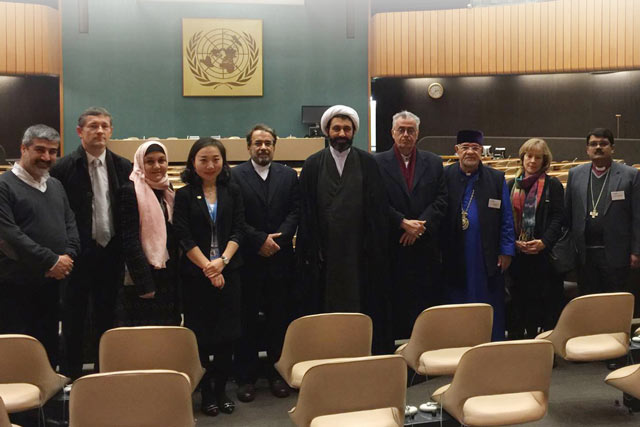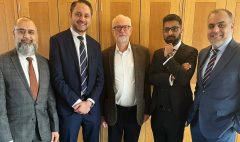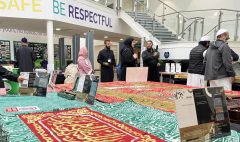Shi’a Muslims and the World Council of Churches
September 3, 2016 2023-08-15 10:49Shi’a Muslims and the World Council of Churches

Shi’a Muslims and the World Council of Churches
In the Christian world Catholics are centralized under the authority of the Pope while Orthodox and especially Protestant Christians have many different denominations. In Geneva, there is the headquarters of the World Council of Churches which is an umbrella organization for 345 churches, both Orthodox and Protestant, with an executive committee that meets every three months. They have maintained a dialogue with Shi‘a Muslims for over 20 years.
In November 2015, I was part of a delegation participating in a dialogue looking at ways to prevent violence, especially in the name of religion. Among the delegates were members of the Anglican Church, the Armenian Church, the Church of Pakistan and Shi‘a Muslims from Iran.
I travelled from the UK and there were other participants from Germany, Iran Lebanon, Pakistan, Switzerland, the United Kingdom and United States of America. The discussion was very positive and fruitful. I provided a Shi‘a perspective on how to address the problem of violence in the name of religion and explained that there are three elements in the Shi‘a Islamic teaching namely rationality, spirituality and search for justice that when applied correctly can help to avoid extremism and fanaticism. This point was unanimously accepted by all delegates who saw them as positive elements for any religious tradition to consider. In that round of dialogue, I gave another lecture on Muslim Christian relations.
A few months ago, I was invited by the Ecumenical Centre of the World Council of Churches to teach in their annual summer course. Every summer they offer a three-week course for Muslims, Christians and Jews from different countries. Apart from studying it also gives them a chance to live together and experience and develop honest friendship.
The course is structured in a way that Muslims, Christians and Jews listen and attend each other’s presentations. My task was to deliver two sessions of 90 minutes introducing Islam followed by a Muslim lady, a scholar from Lebanon, who was supposed to talk about migration in Islam. Every year there is a theme and this year the theme was migration, reflecting the recent large scale exodus affecting Europe. The course also includes spiritual sharing and scriptural reasoning sessions as well as visits of the United Nations, the World Council of Churches, mosques and the Museum of the Reformation in Geneva.
Having accepted the invitation I traveled to Geneva from 26-28 July. There I met some of the professors and had informal meetings and discussions with the students but the main activity was to deliver the course. I started my presentation by providing some statistics about Islam and Muslims in general, giving an overview of the landscape of Islam followed by information on the historical background. This was particularly well received especially by non Muslims.
Continue reading at: Islam Today Magazine








